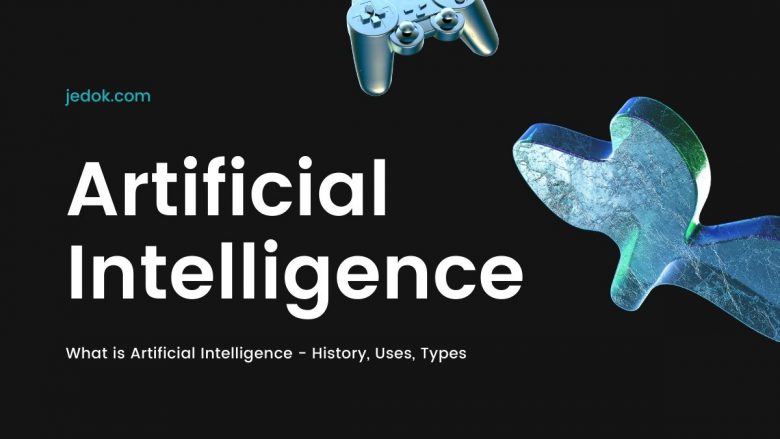
The ability of machines to perform certain tasks that require the intelligence displayed by humans and animals is referred to as artificial intelligence. This definition is frequently attributed to Marvin Minsky and John McCarthy, who was known as the field’s fathers in the 1950s.
Artificial intelligence enables machines to comprehend and achieve specific objectives. Deep learning is a type of machine learning that is included in AI. The former refers to machines learning automatically from existing data without the assistance of humans. Deep learning enables machines to process massive amounts of unstructured data such as text, images, and audio.
Any AI system must be capable of some of the following abilities: observation, analytical ability, problem-solving, learning, and so on.
History
Dartmouth College coined the term “artificial intelligence” in 1956. Marvin Minsky, a cognitive scientist, was optimistic about the technology’s future. Government funding in the field declined from 1974 to 1980, a period known as “AI winter,” during which many criticized progress in the field.
However, the fervor was reignited in the 1980s when the British government reintroduced funding for the technology, owing to concerns about competition from the Japanese. IBM’s Deep Blue became the first computer to defeat a Russian Grandmaster in 1997, making history.
In today’s world, how are we using artificial intelligence?
AI is all around us in the modern world. AI can be found everywhere, from Amazon’s Alexa to the internet predicting what we might want to buy next. Self-driving cars are another example of AI in action.
Narrow vs General AI
AI is broadly classified into two types: narrow AI and general AI.
Narrow AI is the type we use everywhere, from flagging content on the internet to detecting faces in photos to simple customer service inquiries.
To date, general AI is only a concept. The goal of General AI is for it to be as adaptable and flexible as human intelligence. When scientists will be able to develop general AI remains a hotly debated topic, with some predicting it by 2040 and others predicting it will be centuries away due to a lack of understanding of the human brain.
Learn more from Artificial Intelligence and read AI in music: Bach, Beethoven, and the bots.


